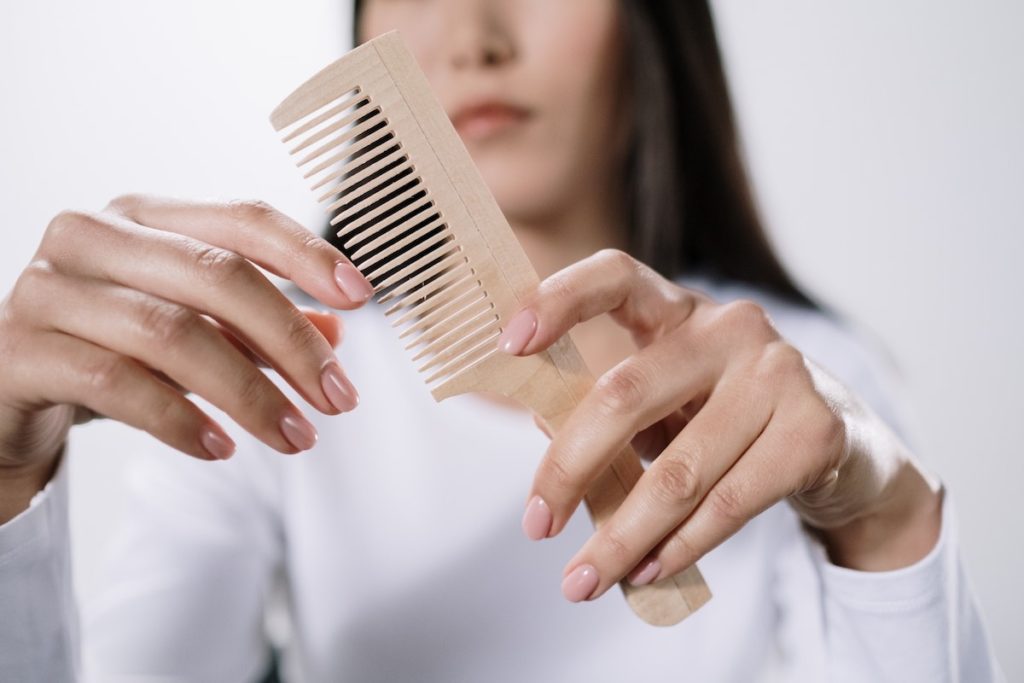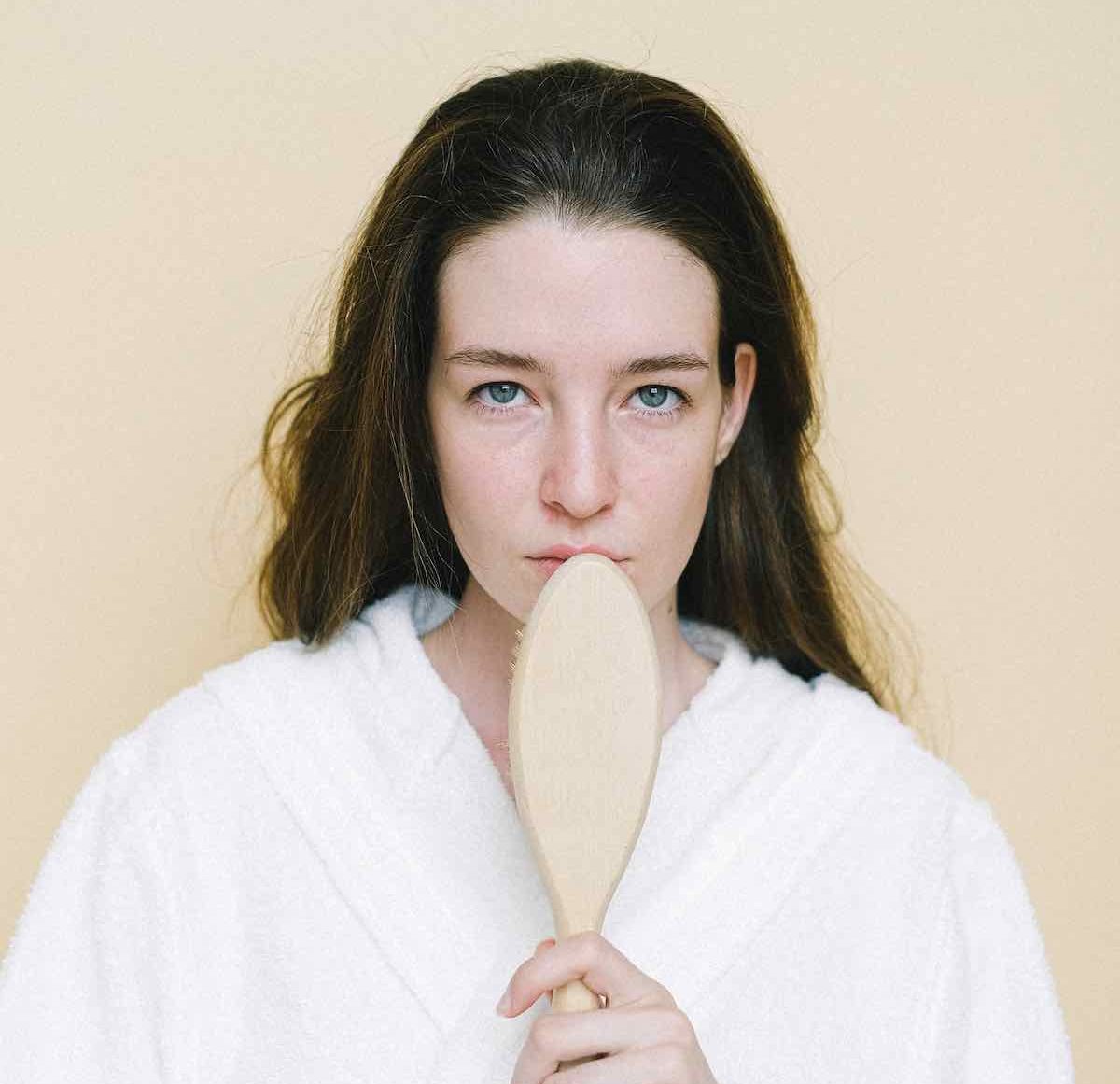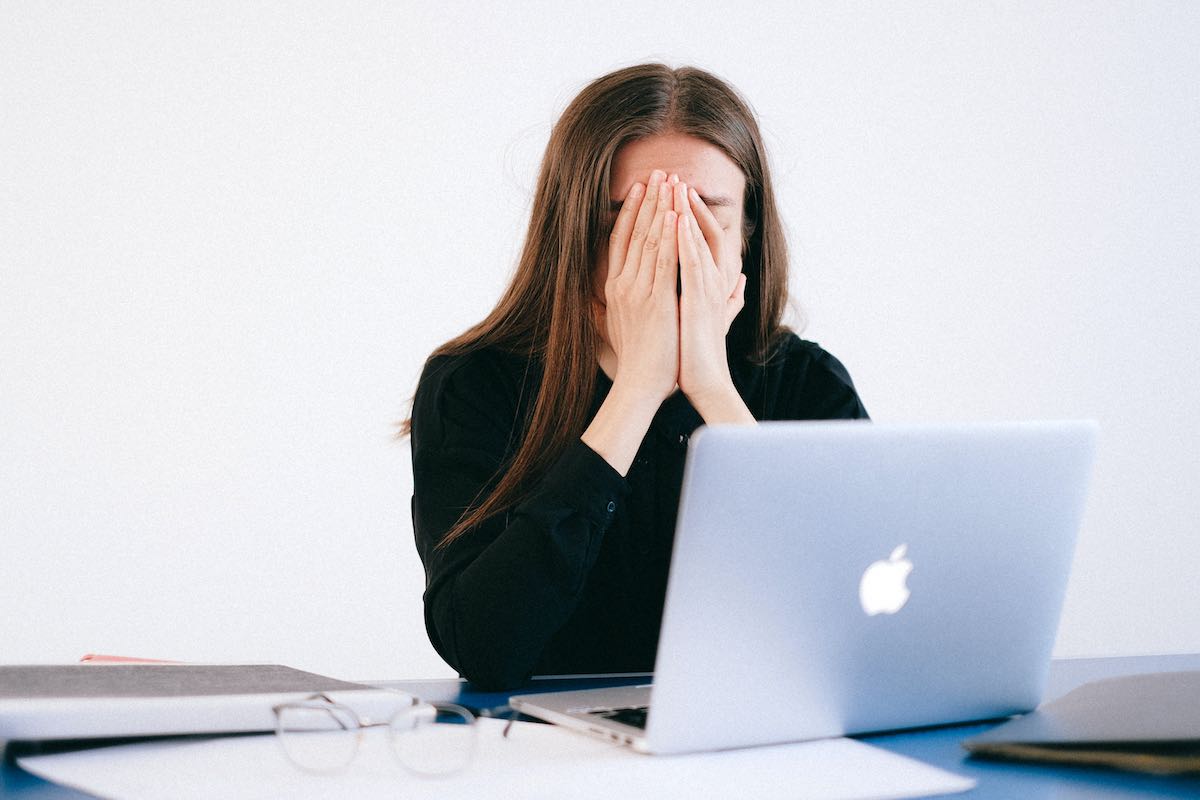Protecting your hair when stress is a factor
Female hair loss is a sensitive and often distressing subject, but one which is surprisingly common. For many women, the idea that they are experiencing hair loss due to stress is particularly frustrating, since stress is a part of most everyone’s life in this day and age. Hair loss due to stress can have a devastating affect on women’s lives, but thankfully there are solutions to the problem. Studies have linked female hair loss to the stress related to having a higher salary, but most experts believe it is the long-term sustained stress, the kind that keeps you up at night, that contributes to hair loss.
The fact is, female hair loss can occur at any time and to anyone. The effects of stress are often a significant factor. Although stress-induced hair loss can affect anyone from teenage girls through to senior citizens, if this happens in later life it will be harder for your body to recover and hair to regrow.
If you have suffered from bereavement, bankruptcy or break-up, the stress you are enduring can have a negative effect on your hair.
Studies have linked female hair loss to the stress related to having a higher salary, but most experts believe it is the long-term sustained stress, the kind that keeps you up at night, that contributes to hair loss.
The fact is, female hair loss can occur at any time and to anyone. The effects of stress are often a significant factor. Although stress-induced hair loss can affect anyone from teenage girls through to senior citizens, if this happens in later life it will be harder for your body to recover and hair to regrow.
If you have suffered from bereavement, bankruptcy or break-up, the stress you are enduring can have a negative effect on your hair.
What hair loss due to stress looks like
Stress can have a major physiological effect on the body and can lead to conditions such as Alopecia, Telogen effluvium and Trichotillomania that all include hair loss.Alopecia Areata
With Alopecia Areata, changes to the immune system causes hair to fall out in sporadic areas. It is thought that the onset in stress is one of the main reasons for this change. Alopecia Areata is pretty rare, affecting just 2% of the population. In most cases where the hair loss is confined to just one or two spots, the hair will grow back within a couple of years even without treatment. In up to 30% of cases, the hair loss can recur over the years, or can extend to include more dramatic hair loss.Telogen effluvium
Telogen effluvium is probably the most common instances of hair loss due to stress. Stress will cause the follicles to go into a phase of rest and the hair will stop growing. Later the hair attached to these follicles will fall out and there will be no hair growing in its place. This condition usually happens between six weeks and three months after a major crisis or stress-inducing event.Trichotillomania
Hair loss can also occur through rubbing or scratching your head at a time of stress. Trichotillomania is perhaps the most extreme instance of this and occurs when women literally pull the hair from their heads at moments or periods of extreme stress. Hair loss can even occur three to six months after a period of stress. Actress Olivia Munn has revealed that she suffers from Trichotillomania, and is known to pull out her eyelashes during times of stress.What are the warning signs?
We shed around 100 hairs on average daily. This is such a small amount that we generally don’t even notice. However, if you are finding excess amounts of hair on your pillow, brush or in your sink, but yet all your medical tests come back normal, then it could be that you experiencing hair loss caused by stress.How long will it last?
 The first thing anyone suffering from hair loss should do is consult their doctor. There is no need to suffer in silence, and many conditions (including iron deficiencies, thyroid issues and medication complications) can be treated fairly easily. It is vital the cause of stress is removed though.
If you have eliminated the reason for stress, your hair should start growing back without any need for medical solutions. However, in more advanced cases there may be a need for medication or other methods of treatment. In some cases of alopecia, your dermatologist can inject cortisone in the area of the scalp that’s experiencing hair loss in an effort to prompt regrowth.
The first thing anyone suffering from hair loss should do is consult their doctor. There is no need to suffer in silence, and many conditions (including iron deficiencies, thyroid issues and medication complications) can be treated fairly easily. It is vital the cause of stress is removed though.
If you have eliminated the reason for stress, your hair should start growing back without any need for medical solutions. However, in more advanced cases there may be a need for medication or other methods of treatment. In some cases of alopecia, your dermatologist can inject cortisone in the area of the scalp that’s experiencing hair loss in an effort to prompt regrowth.
Research into hair loss due to stress
 One of the most interesting breakthroughs in combating stress-induced hair loss was made by researchers at UCLA. A stress hormone known as corticotrophin-releasing factor was found to be one of the major factors in hair loss caused by stress. They developed a peptide called astessin-B which has been found to block this hormone and prevent hair loss. It could be a major development in the fight against hair loss due to stress.
One of the most interesting breakthroughs in combating stress-induced hair loss was made by researchers at UCLA. A stress hormone known as corticotrophin-releasing factor was found to be one of the major factors in hair loss caused by stress. They developed a peptide called astessin-B which has been found to block this hormone and prevent hair loss. It could be a major development in the fight against hair loss due to stress.


